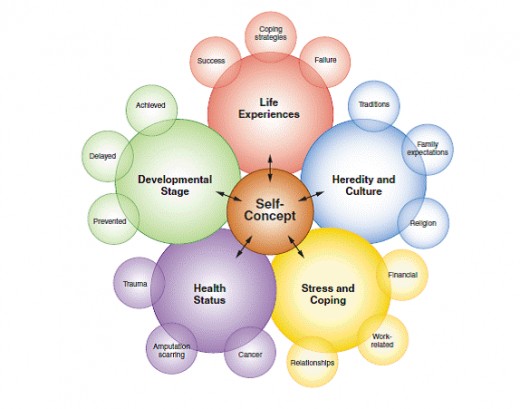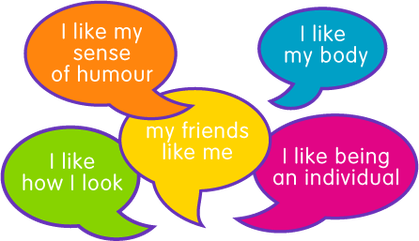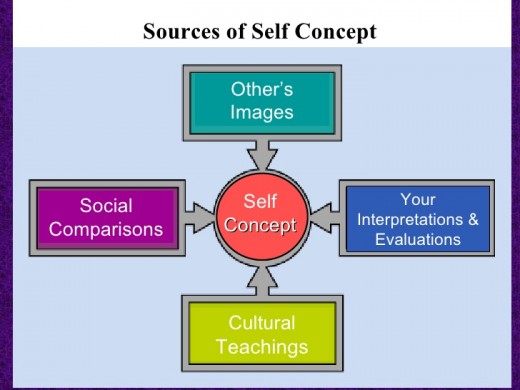- HubPages»
- Family and Parenting»
- Parenting Skills, Styles & Advice»
- Parenting Advice & Tips
What Research Says About the Development of Self Concept in Children

What is Self-Concept?
The term self-concept plays an essential part in every child’s development. Baumeister (1999) defined it as, "The individual's belief about himself or herself, including the person's attributes and who and what the self is."
According to a study conducted by University of California, a child's self-concept is his belief about how worthwhile he is. It is how children see themselves. Self-concept is a composite of many feelings like a sense of belonging and being accepted, sense of being good and sense of being capable of doing things.
A child's self-concept begins to develop as they grow and depends on how adults respond to them. A positive bond with parents helps in developing a healthy self-concept, since it helps the child feel loved and respected. This is also what helps children become confident of making decisions and even bold choices. For instance, young children begin to want to choose what they wear and can be quite determined about their choices. This is a form of self-expression, says a post on AmeliaJCollection.com. In fact, in the last five years, the growth in children's wear has outpaced the growth of both menswear and womenswear. The global sales of children's clothing in 2015 was reported at $143.7 million and it currently accounts for 12% of the total apparel market, according to an article published in Business of Fashion.

Role of Parents in Building Self-Concept
The role of fathers in child development has been a matter of discussion for a long time. However, research conducted by Michigan State University provided the most conclusive evidence till date on the importance of the father in a child's early days.
It was found that if fathers experienced stress related to parenting, it had a negative impact on kids between the ages of 2 and 3 years, despite their mother's influence on them. The effect was more on boys than on girls. It also had an impact on a child's social skills, such as self-control and co-operation, often resulting in a poor self-image. Self-concept is an area that requires more comprehensive study for a better understanding but definitely is an integral part of child development.
Another study conducted by the University of Essex and University College London and published in the Economic Journal, revealed that cognitive and social skills in young children improve considerably if they spend more time with their mothers between the ages of 3 and 7 years. This ultimately leads to a positive self-concept in the child.


The Relationship between Self Concept and Self-Esteem
According to a study conducted by the Faculty of Education, University Technology Malaysia, self-esteem is a positive or negative orientation toward oneself. Self-concept and self-image are the two components that lead to a positive self-esteem.
Self-esteem is developed over a period of time and due to multiple experiences that a person has. In children, negative self-esteem could be a result of school failure, depression, negative attitude of parents, negligence of parents, etc.
Since, self-concept is a composite of traits, values, thoughts and feelings that children have for themselves, it directly effects their self-esteem. Lack of self-concept means children start having negative feelings about their own abilities.

How Can Family Promote Positive Self-Concept?
A family can help building a positive self-concept by:
- Not pushing the child to do tasks that are beyond his/her capabilities.
- By respecting children's emotions and treating them with love and respect.
- Setting individual goals for a child instead of pushing him/her into a competition.
- By providing children extra space to explore and get involved in activities they like.
- Allowing kids to make their own decisions.
Family members play a key role across all stages of child development, with effective communication being crucial. Expressing your emotions and setting an example through their behavior helps the child develop social skills and thereby self-confidence.









